
By Yakubu ISSAHAKU(PhD)
Mahama’s reset agenda is not a tale-spin or a pipe dream but a manifest purposeful signpost to resolving the myriad socio-economic issues. They are getting the basics right from fiscal consolidation policies through to monetary policy.
The first five months of the administration epitomise effective leadership in reviving public trust, improving market sentiments, restoring investor confidence and promoting economic recovery. The current administration has shown deliberate fiscal and monetary coordination aimed at economic stabilisation.
Admittedly, no transformative interventions have been implemented yet, though they are in the early stages. There’s some kind of intentionality from the fiscal side from the Minister of Finance, and a sound monetary stance by the Bank of Ghana.
The panacea to our economic woes is not in linking the existing dots but purposefully creating new dots because the existing dots are proven to be obsolete and inadequate. It requires a deliberate game plan to ride the waves. If we fail as a nation to disrupt ourselves for political expediency, someone else will.
In the recent past, our economy used to be the home for investors on the continent until we started outsourcing our ‘eyes’. It is better to be first in mind than first in the market. However, starting late and staying the course is better than letting fatigue set in and drift. The Ghanaian economy requires out-of-the-box solutions to propel sustained economic recovery. It is time for Ghana to introduce a banking system that encourages ‘environmentally and socially conscious practices’, thus a sustainable, ethical, and resilient banking system to ensure long-term economic growth and stability.
The appointment of an advisor, in the person of Professor John Gartchie Gatsi, to lead BoG’s expert team to operationalise Islamic Banking in Ghana (an alternative financial system, a financial model compliant with Islamic Shariah law) is a welcome strategic initiative toward the implementation of Islamic Banking. This disruptive approach to finance, which actively bridges faith and finance, could be the innovative solution our economy needs.
The 1963 community-centric banking initiative pioneered by Ahmad El Najjar in Mit Ghamr, Egypt, is now valued in the trillions. The total assets value of global Islamic finance markets amounted to about $4.5 trillion in 2024, $5.9 trillion in 2026, and $6.67 trillion by 2027 (Statista, Worldwide Value of Islamic Finance Assets, 2024). Islamic financial institutions have grown to more than 1,670 globally, including 566 banks and more than 1,900 mutual funds.
The industry has expanded rapidly over the last decade, with an average asset expansion rate of around 16% yearly since 2006. This swift growth underscores its vital role in tackling contemporary financial challenges while upholding ethical standards.
In Africa, Within the span of two years (2023-2024), the three largest economies in Africa – Nigeria, Egypt and South Africa have raised an aggregate equivalent of $3.045 billion through the issuance of “Sukuk”, which is an Islamic debt instrument which contributes 2% of Global Sukuk volumes and accounts for 70% of African global sukuk issuance since 2014., Islamic banking relies on asset-backed, equity-sharing, and risk-sharing models.
By design, Islamic banking actively bridges faith and finance, creating a purpose-driven economy where profit and morality coexist harmoniously. At its core, Islamic banking fosters socially and ethically responsible finance by banning investments in industries like alcohol, gambling, or speculative trading. Instead, institutions profit through trade, leasing (Ijarah), or partnership (Musharakah), ensuring wealth circulates fairly. Islamic finance now extends across multiple sectors, including banking, the capital market, insurance, and social finance.
Islamic finance is simply a financial system that aligns with the ethos and value system of Islam. The value system of Abrahamic finance prohibits any business operation involving riba (interest); uncertainty or ambiguity relating to the subject matter, terms and conditions of a contract; gambling; speculation; unjust enrichment; exploitation/unfair trade practices; dealing in pork, alcohol, intoxicants; arms & ammunition; pornography and; other transactions, products and services which are not compliant with the principles of Islamic commercial jurisprudence.
Basic Principles of Islamic Banking
Based on Islamic law, four main principles govern the activities of Islamic banks. First, IB prohibits Riba, the taking or giving of interest, which is believed to be an unequal trade of values in exchange. Wealth must be created from legitimate trade and with an underlying asset (it is not permissible to use money to make money). Thus, it is only acceptable for profit to be earned from trade in goods and services.
This is in response to the order by Allah that “O you who have believed, do not consume usury, doubled and multiplied, but fear Allah that you may be successful” (Quran 3:130). The Quran views the charge of interest as unethical and, thus, prohibits it among all people who respect and believe in Allah. Second, IBF prohibits Gharar. Gharar refers to economic transactions that have absolute or excessive uncertainty or risk in business transactions. Gambling, deceit or fraudulent activities involve uncertainties that cause significant loss to one party and unreasonable profit to the other party.
Thus, IBF ensures the full disclosure of information and removal of any potentially deceitful or risky information in a business contract. Third, IBF prohibits Maisir. Maisir refers to unlawful, unethical activities, sinful and socially irresponsible activities, such as bribery, prostitution, drug abuse, alcohol, sale and consumption of pork, and gambling.
These bad business practices are considered forbidden behaviour (haram) to all Muslims because they adversely affect justice and fairness in financial transactions, lead to the exploitation of one party to a contract, and are detrimental to human life, fairness, and societal well-being. Fourth, IBF ensures that financial transactions are directly or indirectly linked to a real economic transaction and have real economic value for both contractual parties and society.
Islamic Banking sets of solutions
According to the World Bank, the primary instruments of Islamic banking include: Murabaha: Cost-plus financing; Mudaraba: Profit sharing; Ijara: Operational or financial leasing contracts; Musharaka: Equity participation contracts; Bay’salam: Forward sale; Sukuk: Certificates of ownership. These instruments constitute the ‘basic building blocks’ for developing a wide range of more complex financial instruments. Islamic banking is also considered a culturally distinct form of ethical investing and shares numerous synergies with ESG investing as both are sustainable, stakeholder-focused, and socially responsible.
Importance of Islamic Banking
Islamic banking is essential as it provides an ethical and socially responsible approach to finance, aligning with the principles of Islam and promoting fairness and transparency. It encourages risk-sharing, connects the financial sector with the real economy, and fosters financial inclusion.
Furthermore, Islamic banking discourages speculation and concentrates on investments linked to tangible assets and genuine economic activities. As Ghana seeks to diversify its economy, reduce reliance on debt financing, and enhance financial stability, Islamic banking offers a sustainable alternative.
With its stringent internal controls, ethical banking principles, and risk-sharing model, it can deliver the stability that conventional banking has struggled to maintain. Traditional banking, founded on high-risk lending and speculative investments, was exposed as a deeply flawed system during the domestic debt exchange programme. Islamic banking prevents excessive risk-taking and unsustainable debt accumulation.
Additionally, all Islamic banking transactions are underpinned by tangible assets, ensuring that money is always connected to real economic activity rather than speculative and rent-seeking investments.
Introducing Islamic banking can provide an alternative financing model that does not impose unsustainable debt on the country. Through instruments such as Sukuk (Islamic bonds), Ghana can fund significant infrastructure projects like road construction, railway expansion, the revival of TOR, the reintroduction of state-owned airlines, and housing initiatives without increasing national debt.
Islamic banking can foster financial inclusion by offering products that align with the ethical and religious beliefs of many Ghanaians. Furthermore, integrating Islamic banking into Ghana’s economic system would attract foreign direct investment from Gulf and Asian markets, as evidenced in countries such as Malaysia, the United Kingdom, South Africa, Singapore, Hong Kong,Luxembourg and Nigeria. Most secular economies, including the US, have incorporated Islamic banking into their financial and secular frameworks or religious diversity.
With over 42 per cent of Ghanaians being unbanked, primarily due to a lack of trust in the conventional financial system, Islamic banking can enhance financial inclusion by offering products that align with the ethical and religious beliefs of many Ghanaians.
Ghana is encouraged to join the Islamic Development Bank to attract direct investment from Islamic financial institutions through trade finance and technical cooperation, as membership would enable Ghana to explore options for raising funds to develop its economy without the burden of interest payments. We require Islamic banking to support the conventional banking system currently in place in the country.
It will provide an opportunity to deepen financial inclusion and infrastructure financing for both the government and private sectors. Islamic banking institutions will help instigate competition between conventional and Islamic banks, ultimately benefiting customers through improved services. In other parts of the world, the hybrid model of existing frameworks has enabled conventional banks to create ethical finance windows, thereby allowing them to benefit from the best of both worlds.
Strategies to achieve the effective introduction of Islamic Banking in Ghana.
Establishing a Shariah and Hajj Advisory Council/Authority: Compliance with Shariah principles is crucial for non-interest banking and finance. A Shariah review and advisory framework is essential to ensure such compliance. An effective Shariah framework will harmonise interpretations, enhance regulatory and supervisory oversight of the industry, and cultivate a pool of skilled Shariah advisers.
Consequently, all banks and financial institutions with non-interest operations under the purview of the Central Bank of Ghana will be required to create a Shariah advisory body as part of their governance structure, to be known as the “Shariah Advisory Committee” (SAC). It shall be the duty and responsibility of the SAC to be accountable for all Shariah decisions, opinions, and views they provide.
The Advisory Committee of Experts must possess knowledge, expertise, and experience in economics or finance—particularly in Islamic Finance and Islamic Jurisprudence—with a focus on Islamic Commercial Jurisprudence. It is essential for the Bank of Ghana to ensure the effective incorporation of Sharia law into Ghana’s banking regulations for the successful management and operations of IBF institutions.
Review or comprehensive amendment of Act 2016 (Act 930) to include, among other things, critical elements of Islamic banking, and to amend the Deposit-taking Institutions Act, 2016 (Act 930) to include ethical banking and achieve financial inclusion.
While section 18(r) of Act 930, the Banks and Specialised Deposit-Taking Institutions Act of 2016, permits banks to offer non-interest banking services, there is currently no legislation governing the licensing process or governance structure for non-interest banks. There is a need to review the banking laws, such as Act 930 and Act 929, which pertain to capital market activities, to accommodate the Islamic capital market, as well as a revision of Act 1061 to incorporate “Takaful” (Islamic Insurance). Regulatory clarity and a framework are needed to support ethical investment without confusion.
Capacity building for the BOG, SEC, Ministry of Finance, Insurance Commission, courts, as well as universal banks and allied financial institutions on Sharia law/jurisprudence and Islamic banking is essential. Sending staff to central banks currently implementing Islamic banking to study their regulatory frameworks and other nuances will be critical for the successful implementation of Islamic banking.
Such training should encompass Islamic finance and banking principles, Islamic accounting standards, and Islamic information systems. Several foreign banks operating in Ghana, such as Stanbic, Zenith, Access, and Standard Chartered, possess expertise in Islamic banking and capital markets from Nigeria, Kenya, South Africa, and the United Kingdom, allowing them to leverage their internal expertise for a smooth adoption and take-off.
Public education on Islamic finance/ Consumer behaviour challenges: Aside from Sharia governance issues, potential consumers’ perceptions and behaviours towards Islamic Banking in Ghana are likely to pose challenges to their adoption of Islamic banking.
In this context, consumers will need to overcome various perceptual and behavioural challenges, such as a low level of knowledge and understanding of Islamic banking concepts, attitudes towards Islamic banking finance, perceived benefits, perceived risks, and concerns regarding violence and perceived religious factors.
Readiness to comply with Sharia law is an additional issue; some potential consumers, particularly non-Muslims, may struggle to adopt IBF because they perceive it as a way of promoting the Islamic religion in Ghana, converting bank customers to Islam, or Islamising non-Islamic countries like Ghana.
In European countries where IBF has been introduced, the establishment of Islamic banks has not led to Christians converting to Islam. Most non-Muslims in Ghana are Christians, and as such, they may find it challenging to comply with Sharia due to religious sentiments.
The “Islamic” label attached to IBF may deter non-Muslims from embracing and adopting it in Ghana. Furthermore, the presence of Islamic terrorist groups such as the Jihadists or ISIS in Egypt, Syria, Pakistan, and Iraq, as well as Boko Haram in Nigeria and Islamic militant groups in Burkina Faso, Mali, and Sierra Leone, Ghana’s neighbouring countries, has fostered fear and a negative perception of Islam and Muslims in general.
These mixed feelings could adversely affect consumer perceptions and the adoption of IBF in Ghana. However, a thorough understanding and knowledge of IBF among these customers could help dispel these misconceptions and facilitate the adoption of IB among non-Muslim consumers in Ghana.
The Central Bank and government should organise effective consumer educational roadshows on Islamic banking. Educating prospective consumers about the advantages of Islamic banking compared to conventional banking would highlight more objective benefits that could enhance the appeal of Islamic banking.
Consumer education must focus on dispelling various misconceptions about IBF, such as the belief that IBF is exclusively for Muslims and that it is intended to promote Islam and encourage the Islamisation of non-Islamic countries.
It is imperative that we approach this conversation not with suspicion or fear, but with facts, clarity, and respect for our shared values as Ghanaians and members of the broader Abrahamic faith traditions.
The Bible, particularly in the books of Exodus, 22:25; Deuteronomy 23:19; Leviticus 25:36-37 New International Version (NIV) also warns against charging interest on loans, especially to the poor and vulnerable.
Perhaps most significantly for Christian brothers and sisters who may still harbor doubts, it is worth noting that even the Vatican has openly expressed appreciation for the principles of Islamic finance. In a 2009 article published in the Vatican’s official newspaper, L’Osservatore Romano, titled “Islamic finance may help overcome the crisis,” the Vatican acknowledged that the ethical foundations of Islamic banking, particularly the ban on speculation and interest, offered potential solutions to the global financial crisis. The article suggested that Western banks could learn from Islamic finance in building a more stable and moral financial system. (Source: L’Osservatore Romano, March 4, 2009)
Building strong collaboration, partnerships and ties with the OIL-Rich Arab nations to attract investments
Proactive steps by universal banks in preparedness ahead of the regulatory structure and guidelines in the area of capacity building of staff, product development, governance structures, etc
Academic institutions such as universities and professional bodies like ICAG, ACCA, and CIB should proactively respond by reviewing their curricula to foster specialisation in Islamic finance funding.
Technical support could be obtained from Islamic universities and banks in Asia and even Africa. The government and all stakeholders, especially higher education institutions, should encourage ongoing research into Islamic banking to foster sound academic debate and generate new empirical knowledge in IBF in Ghana.
New national security strategies should be developed to combat terrorist groups that might exploit investment in IBF as a means to gain entry into Ghana and perpetrate violence within the country.
The writer is a Development Economist
The post Introduction of Abrahamic ethically conscious banking: A timely response by the Central Bank appeared first on The Business & Financial Times.
Read Full Story

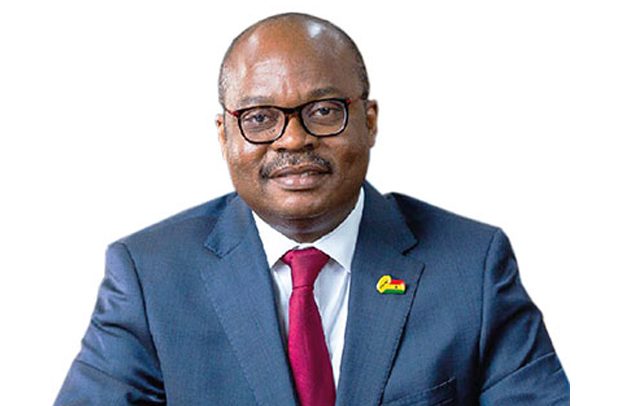





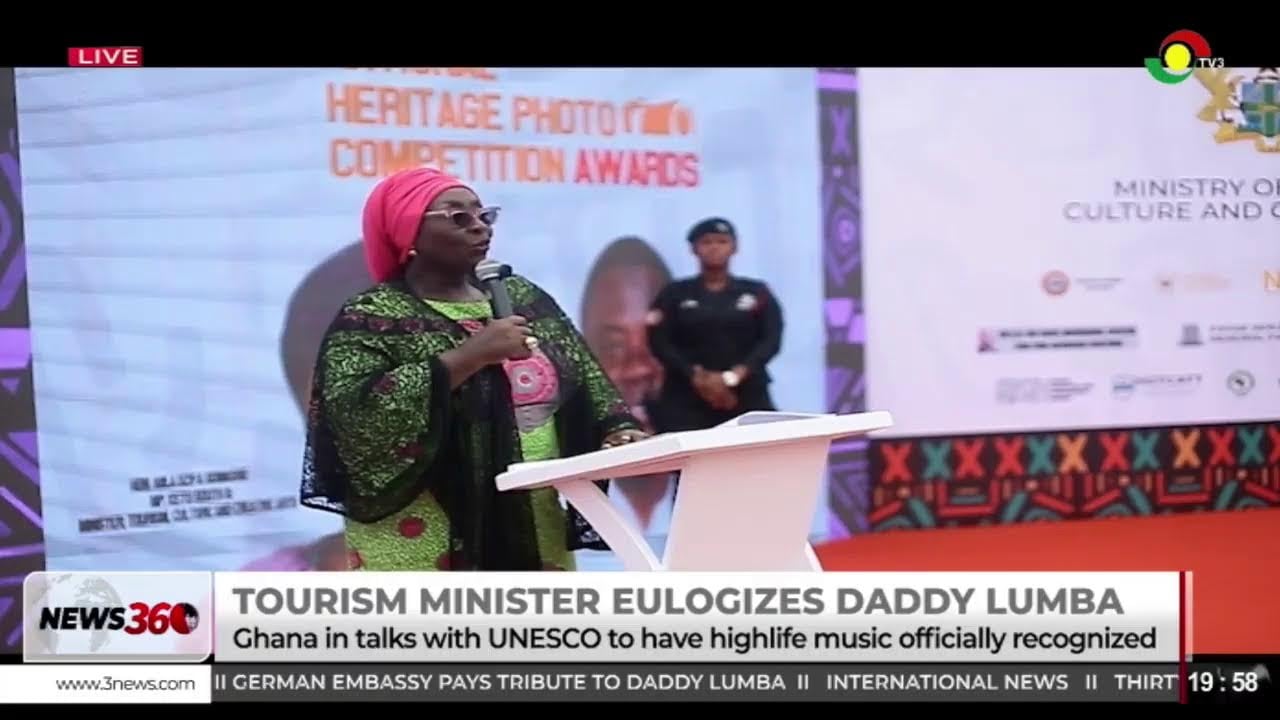



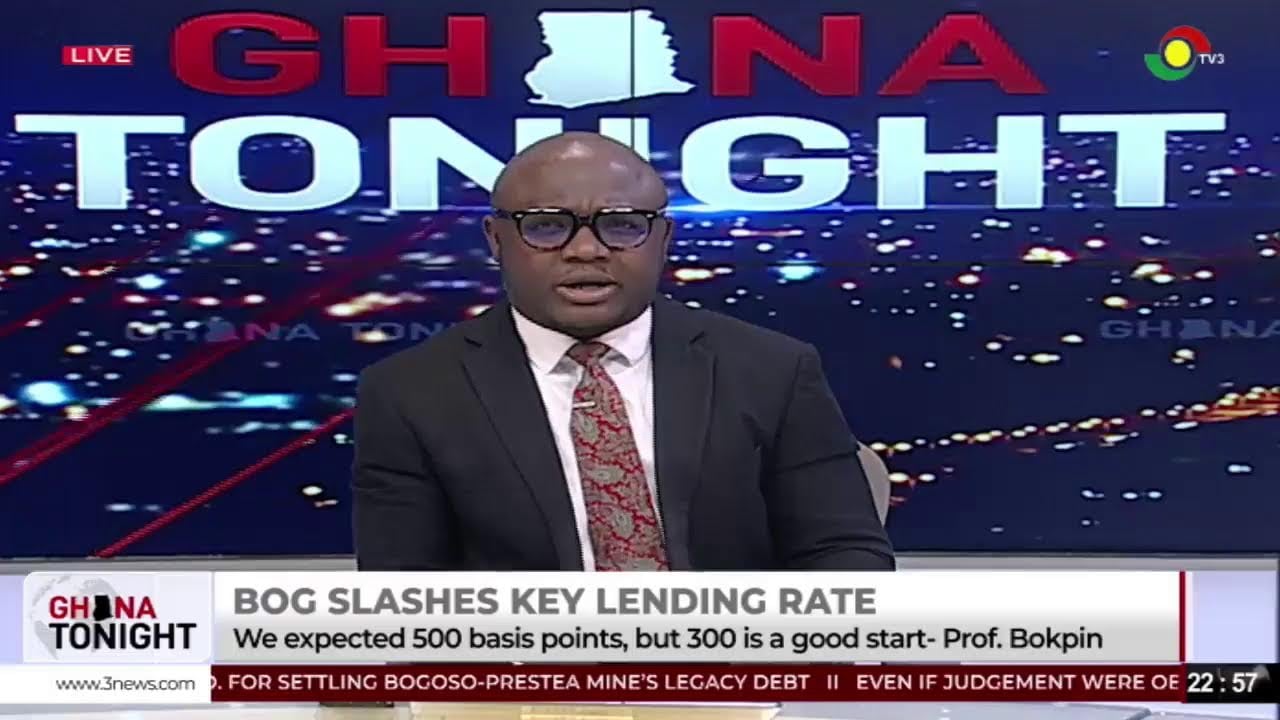
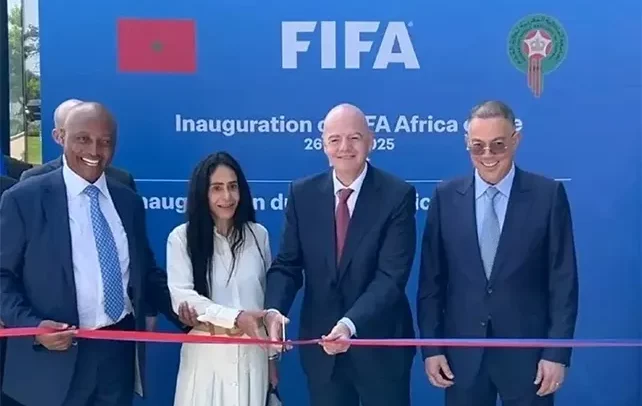
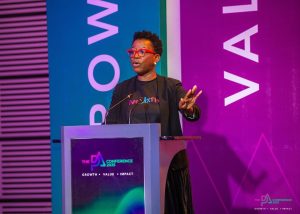



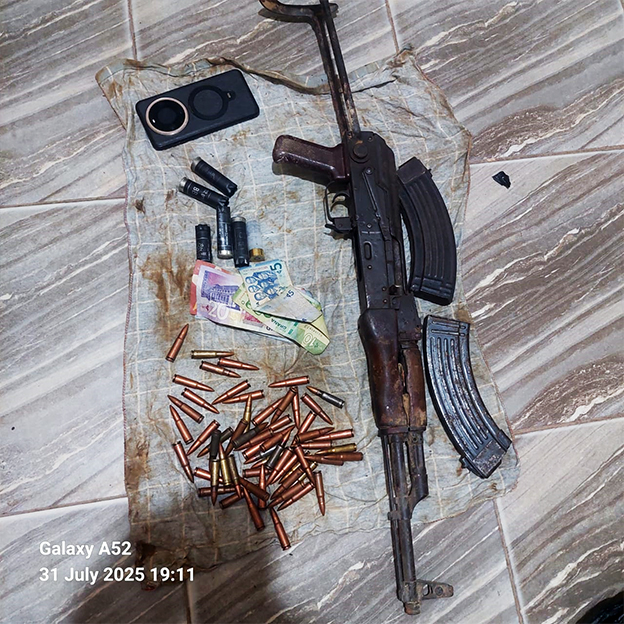
Facebook
Twitter
Pinterest
Instagram
Google+
YouTube
LinkedIn
RSS